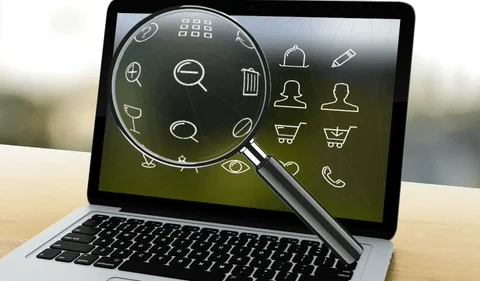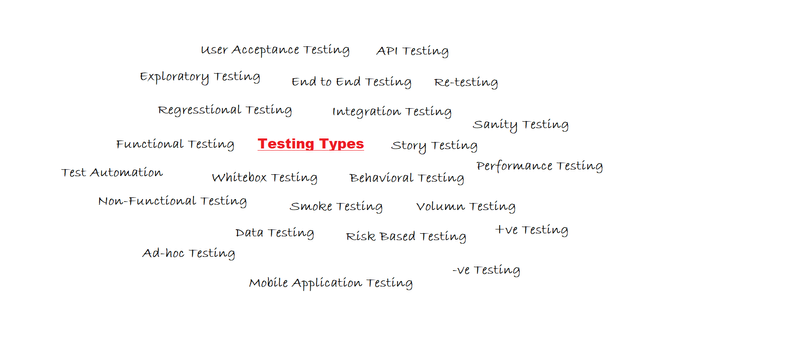 Photo by Christin Hume on Unsplash
Photo by Christin Hume on UnsplashHey there! I'm work as a Quality Engineer at Gore Mutual. I'm here to tell you about the role so you can decide if it's the right career for you.
My job is all about testing a product throughout its development lifecycle. This helps build customer trust and satisfaction, as it provides visibility into the product's strong and weak points.
By the time customers receive the product, Quality Engineers like me have tried and tested it multiple times to deliver the highest possible quality.
Did you know?
Responsibilities for Quality Engineer

Develop inspection methods to analyze product quality
Improve product quality by making recommendations for change
Work together with relevant teams and departments to improve products
Ensure products adhere to company and industry quality standards
Brainstorm ideas to create solutions for identified problems
Formulate a strategic plan to increase productivity in the business
Document results and findings after inspections are carried out
Implement a working system to ensure conformity and accuracy in the production process
Is Product Testing Really Necessary?
Think about it this way:
Would you ever dare to buy any product without a quality check? If so, how confident would you be about the product life cycle?
 Photo by Samuel Sascha Mayer on Unsplash
Photo by Samuel Sascha Mayer on UnsplashWhat will happen if a product goes to production with complicated defects? What will happen if testing isn't done?
 Photo by Tim Mossholder on Unsplash
Photo by Tim Mossholder on UnsplashWhat if it's not clear whether the product is useful for people? How do we know if there's a real need for that product?
Without an appropriate testing strategy, you'll get poor quality!
A quality product is what every customer pays for in the end. Without product testing, there is no way to ensure the quality of a product or system. If they aren't tested at all or enough, they can have unexpected errors and bugs.
The main benefit of testing is the identification and removal of errors. However, testing also helps developers and testers to compare actual and expected results in order to improve quality.
If software production happens without testing it, it could be useless or sometimes dangerous for customers.
How Does Quality Testing Work?
 Quality Engineers will test a product in different ways before it goes to production to satisfy business, customer, and end-user needs:
Quality Engineers will test a product in different ways before it goes to production to satisfy business, customer, and end-user needs:
If a tester finds a bug in a product, they'll raise a defect.
Once the defect is fixed and deployed to the testing environment, Quality Engineers will retest the defect to make sure everything is working as expected before it goes live.
Subscribe for more quick bites of learning delivered to your inbox.
Unsubscribe anytime. No spam. 🙂
Is a Quality Engineering Role Suitable For You?

Are you good at testing a product?
Are you happy to see customer satisfaction?
Are you familiar with finding bugs in products?
You also need to focus on project success. You and your team will need to answer the questions below when handling projects:
Can we deliver the product on time and on budget?
Can we avoid scope creep (when a project grows out of control)?
Can we close the project successfully?
After a project, you'll get to enjoy a party together to celebrate your accomplishments, and you'll have a great group of friends to keep in touch with.

Take Action
 Photo by Millo Lin on Unsplash
Photo by Millo Lin on UnsplashTo start a career as a Quality Engineer:
Your feedback matters to us.
This Byte helped me better understand the topic.
